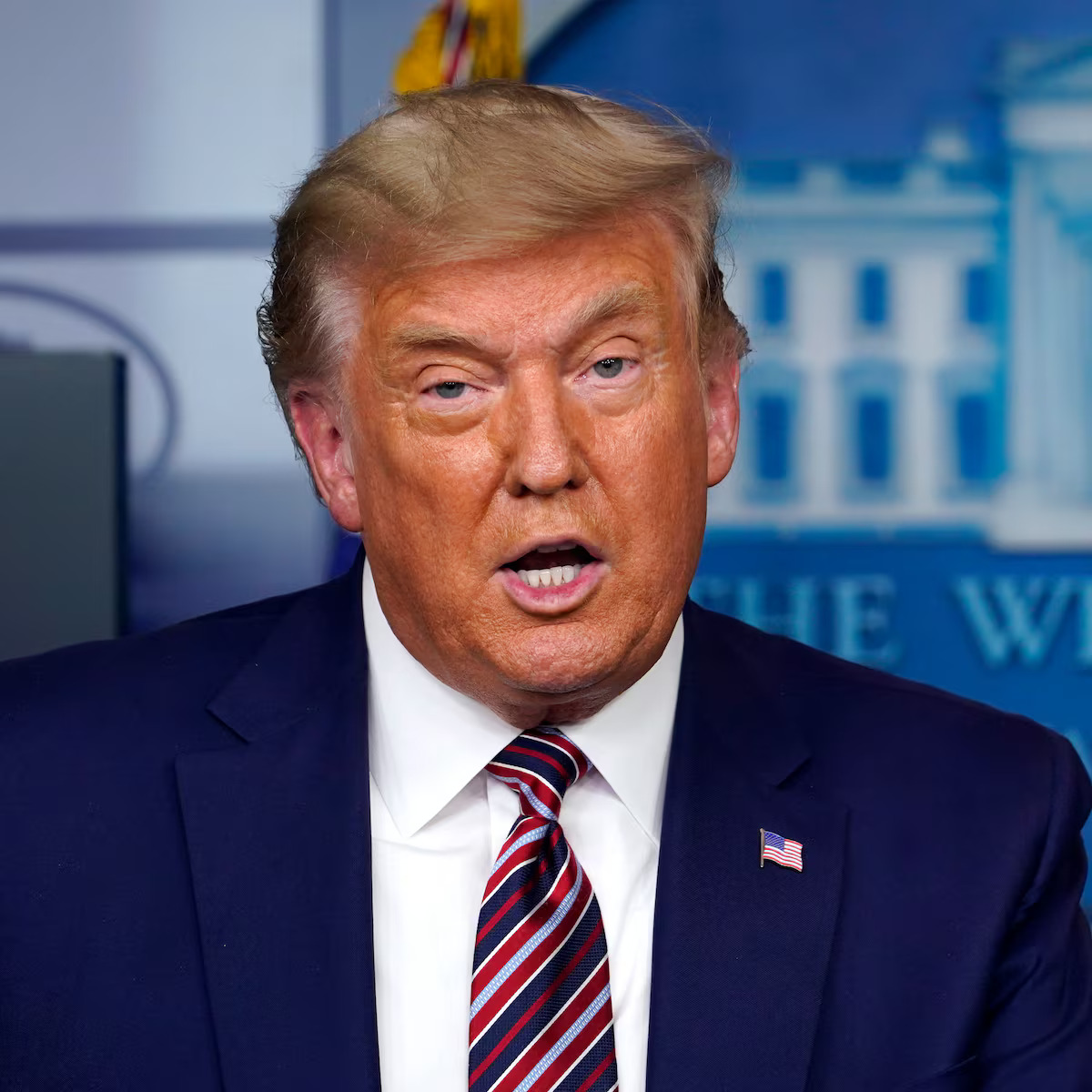
Americans pay more for prescription drugs than people in Europe or in any other wealthy nation. Is that likely to change anytime soon?
President Donald Trump took aim at that pricing disparity with an executive order on May 12 that aims to lower drug prices for U.S. consumers and taxpayers, sharing on social media that they'd be cut by "59%, PLUS!" and later at the White House adding, "I guess even 90%."
But some doubt how much consumers will feel the cuts. Pharmaceutical experts say the executive order will have no immediate impact on how much people pay at the pharmacy or for mail-order prescriptions. The president has asked the drug industry to voluntarily lower drug prices for U.S. consumer or be subject to a barrage of regulatory actions to force lower prices.
"The president thinks of pharmaceutical price differences between countries the same way he thinks of our trade imbalances with other countries," said John Barkett, managing director at the management consulting firm BRG and a former senior policy advisor in the Biden White House. "If we pay more than other countries, then he thinks we're getting ripped off."
How will the order lower drug prices?
The United States trade representative and the Department of Commerce have 30 days to give drugmakers price targets "to bring prices for American patients in line with comparably developed nations," the order said.
If they don't make significant progress toward those goals within six months, drugmakers could face actions from several federal agencies. The requested drug discounts could range for 59% to 80% from list prices.
Trump said other wealthy nations should pay more for prescription drugs. He called his executive order, which aims to charge Americans less and other nations more, "equalization."
If drugmakers that don't cut prices, the order directs Robert F. Kennedy Jr.'s Health and Human Services Department to draft federal rules to impose prices in line with other developed nations.
Trump's enforcement tool would come from federal regulators. Drug companies that fail to meet price targets could be investigated by the Federal Trade Commission for anti-competitive practices or face Food and Drug Administration reviews to "potentially modify or revoke" approvals of drugs found to be "unsafe, ineffective or improperly marketed."
The order also resurfaces an idea from the Trump administration's first term that achieved little uptake − importing less expensive pharmaceuticals from other nations.
Michael Cannon, director of health policy studies at the Cato Institute, said the threat of regulatory action from several federal agencies amounts to "throwing spaghetti against the wall."
"If they throw everything (at drug companies), they are more likely to get drug companies to do what they want," Cannon said.
How will these actions affect what I pay at the pharmacy counter?
The executive order will have "no immediate impact on the American consumer," Barkett said.
The amount consumers pay for prescription drugs depends on their health insurance plans, which often charge copayments or a percentage of the pharmacy bill. Prices also often include complex rebates hidden from public view.
Studies show consumers are feeling the pinch of higher drug prices. A 2023 survey by The Commonwealth Fund, a private foundation that focuses on access to health care, said nearly 2 in 5 people skipped or delayed medical care or didn't fill a prescription that year because they couldn't afford it.
Some Democrats are skeptical that the executive order will deliver meaningful drug price relief to consumers or taxpayers.